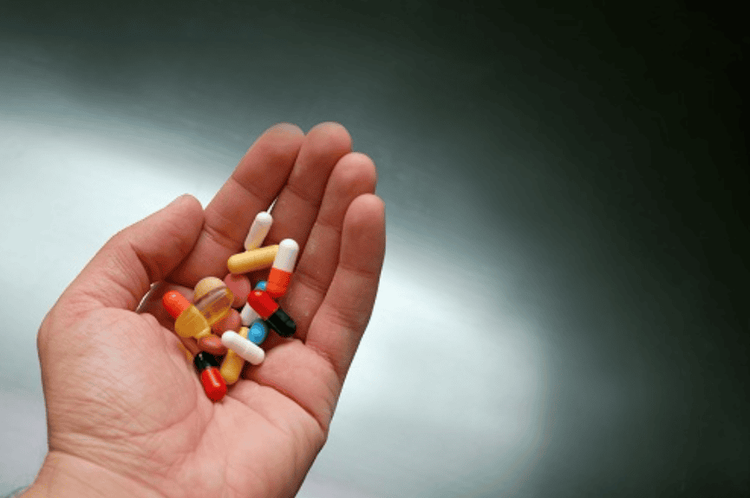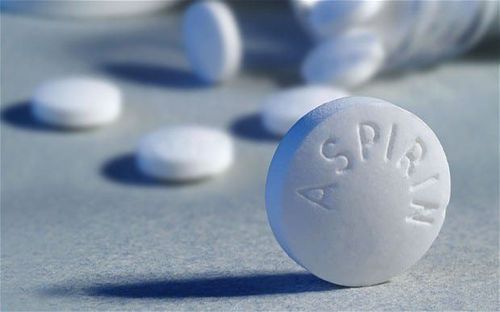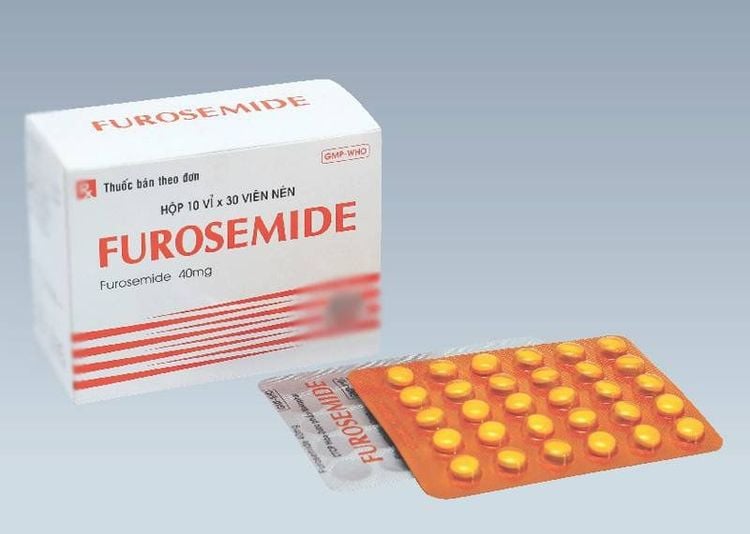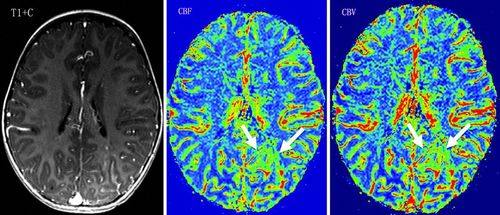This is an automatically translated article.
Posted by Dr. Nguyen Dang Tuan - Head of Organ Transplant Resuscitation Unit - Head of Department of Emergency Resuscitation - Vinmec Ha Long International Hospital
If you already have a history of stroke caused by an occlusion of a blood vessel in your brain, your doctor may prescribe it to prevent further strokes from happening. Therefore, to avoid dangerous complications affecting health, patients need to strictly follow the instructions and dosage of the doctor.
1. What drugs should be used after a stroke due to cerebral vascular occlusion?
If you have had an ischemic stroke caused by a blockage in a brain artery, your doctor will prescribe it to you to help prevent further strokes from occurring. These drugs are similar to those used for the prevention of transient ischemic stroke. People who have had a transient ischemic attack have a very high risk of developing a true stroke. Therefore, some drugs also play a very important role for these patients.
2. How to prevent the next stroke?
Some strokes happen when some of the brain's small arteries become constricted because of damage caused by high pressure (high blood pressure). Meanwhile, other strokes occur when blood clots form in the heart or in the blood vessels and travel to the brain arteries, blocking the brain arteries. Naturally, these clots have another positive role like the buttons that stop bleeding when you accidentally cut the skin, the buttons are made up of proteins and blood cells. (red blood cells, white blood cells and platelets).
Stroke prevention drugs work to reduce damage to blood vessels by reducing the risk of blood clots forming.

3. What medications are needed?
Many people who have had a stroke or transient ischemic attack must take at least 3 drugs to prevent further stroke. In fact, this number may seem like a lot, but each of them has its own role in subsequent stroke prevention. Specifically:
Drugs that prevent clot formation or thin blood clots Antihypertensives help prevent blood vessel damage that causes high blood pressure. These drugs also work to ensure the necessary blood flow to the brain. Drugs called "statins" help lower blood fats, especially bad fats called LDL cholesterol. These medications also help keep blood vessels from being damaged, which also reduces the chance of clots forming at the site in the early stages. If these patients have other comorbidities such as diabetes, other drugs should also be used to treat these diseases well.
You need to comply fully and accurately with the medications that your doctor has prescribed. If these drugs cause side effects then you should not try to use them but need to inform your doctor or nurse, they will have a way to help you choose the right solution.
4. Medications to prevent blood clots
When a blood clot forms in the heart or in a blood vessel, it can travel to a brain artery and block blood flow to the brain. Medications that prevent blood clots will help stop this process. These drugs are especially important in people with cardiovascular disease such as arrhythmias with atrial fibrillation because these patients are at high risk of developing blood clots in the heart.
Medications that prevent blood clots are commonly used such as:
Aspirin

Clopidogrel (brand name Plavix) A mixed form containing Aspirin and Clopidogrel commonly used under the brand name Duoplavin or a mixture containing Aspirin and dipyridamole brand name Aggrenox Cilostzol (brand name Pletal) Wafarin (brand name: Coumadin ) Dabigatran (brand name: Pradaxa) Rivaroxaban (brand name: Xarelto) Apixaban (brand name: Eliquis) Edoxaban (brand name: Savaysa)
5. Medications to lower blood pressure
High blood pressure damages the walls of the arteries, this damage causes the small blood vessels in the brain to become blocked, which also makes it easier for blood clots to form. Antihypertensive drugs help stop this process from happening.
There are many different types of antihypertensive drugs, which may require one or more antihypertensive drugs in combination to lower blood pressure. Drugs commonly prescribed by doctors to patients, including:
ACE inhibitors and direct angiotensin receptor blockers (ARBs) are often grouped together because they have similar mechanisms of action. each other. ACE inhibitors include: enalapril, captopril, and lisinopril. ARBs can be listed as candesartan (brand name Atacand), valsartan (brand name Diovan) Calcium channel blockers: Amlordipine (brand name Amlor or Norvasc), felodipine (brand name Pledil) and diltiazem (brand name Cardizem) ) Diuretics: Can name like chlothalidone and hydrochlorothiazide, hypothiazide, furocemide...

6. Statin drugs
People who have had an ischemic stroke caused by a blockage in a brain artery often have excess fatty deposits in the artery walls called plaques. These plaques are made up mainly of cholesterol, so reducing cholesterol will reduce the risk of forming atheroma. These medications help gradually thin the plaque and reduce the risk of plaque rupture. Some drugs can be named as follows: atorvastatin (brand name: Lipitor), lovastatin (brand name Mevacor, Altoprev), pravastatin (brand name Pravachol), rosuvastatin (Crestor) and simvastatin (brand name Zocor).
This article is intended to provide basic information to help you stay on medication to prevent another stroke. For more detailed information about these drugs, you should ask your treating doctor or other articles or sources that will explain in more detail about each drug, possible side effects. .
Please dial HOTLINE for more information or register for an appointment HERE. Download MyVinmec app to make appointments faster and to manage your bookings easily.














